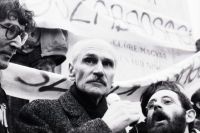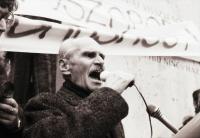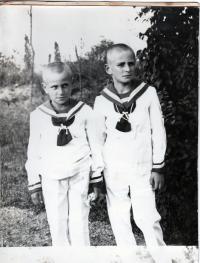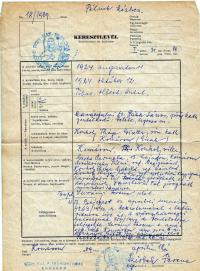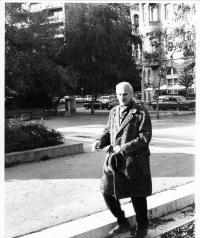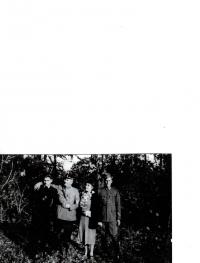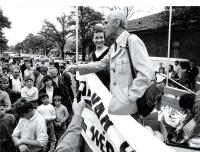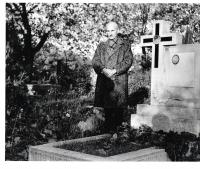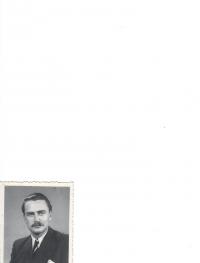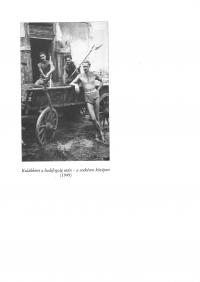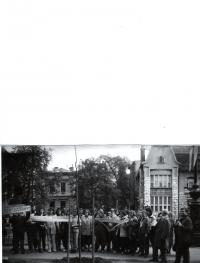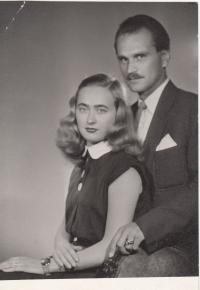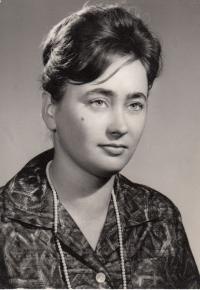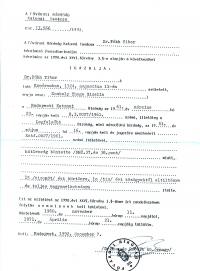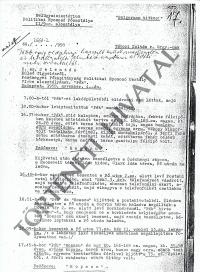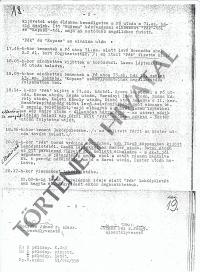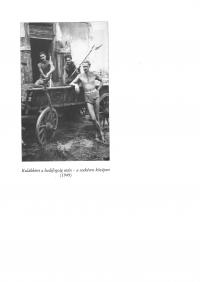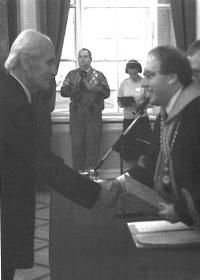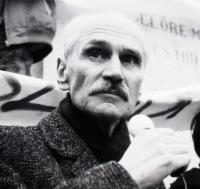If the Lord is with me I don’t fear anybody

Download image
Tibor Pákh was born in Komárom (Hungary) on August 11, 1924 in a middle-class family. His father was lawyer and agronomist, as politician county head of the Independent Smallholders’ Party which candidated him to Parliament several times. His mother was pianist. Tibor Pákh graduated in 1942 in Komárom, then he attended the Law Faculty of Péter Pázmány University in Budapest. In 1944 he was conscriptedthus he had to interrupt his university studies. In 1945 he was taken POW by the Soviet army in Austria and he was brought forcibly to the Soviet Union. He could return to Hungary as late as the autumn of 1948.He took his degree in law in 1949. He wanted to work in the field of international lay but he could get employed only as translator in engineering. Since 1950 he was translator in the library of Csepel Motor Works. In 1954 he got married. In the time of the 1956 Hungarian revolution he fell wounded during the volley in front of Parliament building on October 25. He was in hospital until the middle of November. Because of denying to sign in his working place the petition organized by the Kádár government against the debate of the Hungarian issue in UN, he was dismissed in 1957. He found other jobs as translator first at Power Stations’ Designing Company, later at Technical Translation Agency. In 1960 he was arrested and in 1961 was condemned to life imprisonment which later was transformed to a sentence of 15 year imprisonment. He started hunger-strike in prison several times since 1966 in order to obtain that a civil court would hear his case on the one hand, on the other he protested in this way against the injuries suffered by the convicted.In the prison hospital he was given electrical and insulin shocks to make him finish his protest. In 1971 he was declared to be mentally deranged in a civil mental hospital, he was freed, but in the same time he was put under police surveillance. The authorities obstacled him to find any employment. He could earn his living by translating on temporary commissions. He participated regularly in the demonstrations of the political opposition and was arrested various times. In the spring of 1980 he joined the hunger-strike of Polish civil rights’ activists in the church of Podkowa Leszna. In October 1981 he began an other hunger-strike protesting against the unlawful confiscation of his passport. At that time he was brought to the National Neurological and Mental Clinic and he was put under forced treatment. After different Hungarian groups of intellectuals and several international organizations had spoken out against the inhuman and dangerous treatment, he was finally allowed to leave the hospital. He became legendary figure of the opposition in the course of the Kádár regime although he himself didn’t join any circles of the underground. He was rehabilitatedin 1993 by a committee put up by the Hungarian Institute for Psychiatry on the initiative of the American Association of Psychiatry. Thank to this he was officially stated to be mentally sane. In 1992 the Law Chamber of Nassau County (New York State) elected him honorary member, in 1993 the city of Podkowa Lesna (Poland) awarded him the honorary citizenship. He was decorated by the Hungarian Order of Merit in 2013.
